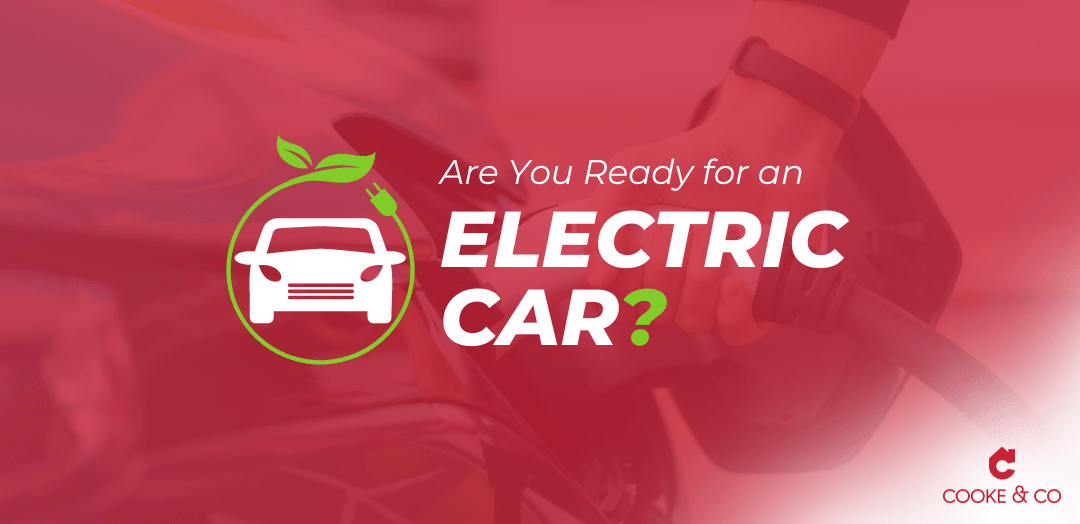Embracing The Electric Revolution: A Comprehensive Guide to Electric Cars
I consider myself fortunate to have been an electric car enthusiast since 2020, being a proud owner of the cutting-edge Model 3 Tesla. The satisfaction doubles when it's charged using solar energy – a sustainable practice we've adopted at our office and my residence.

Journey towards a Green Future: Charging Your Electric Cars
The crux of electric vehicles is their distinct charging mechanism. Leveraging solar power for charging our Tesla at work and home has been our way of contributing to a greener future. This article provides a detailed view of the available charging methods and their functionality.
Electric Cars: The Future of Automotive Industry
Electric vehicles (EVs) have gradually grown from being a novelty to a mainstream choice for many automobile buyers, contributing significantly to a greener and more sustainable future. Predictions suggest that by 2025, electric car sales will surpass those of conventional petrol/diesel vehicles. Furthermore, the government plans to prohibit the sale of new petrol and diesel cars in just seven years, though used vehicles will continue to be sold.
Charging Infrastructure: A Challenge or a Concern?
Prospective EV owners often express concerns over the perceived lack of charging points. If you're contemplating going green or just curious about the world of electric vehicles and their charging mechanisms, this article will provide the essential knowledge you need.
Understanding Different Types of Chargers
Charging an EV isn't as straightforward as filling up at a petrol station. Chargers come in three varieties: rapid, fast, and slow, each of which has a different charging speed. While ultra-rapid chargers exist, their availability is currently limited. Depending on your charger type, getting your battery to about 80% can take anywhere from an hour to 12 hours. Rapid and ultra-rapid chargers are typically found at petrol stations and motorway services, while slow chargers are located in residential areas.
Optimal Places for Charging Your EV
Currently, the most common places for charging your EV are at home, at work, or at public charging stations. A variety of government grants are available to homeowners and landlords to offset the costs of installing charging equipment at home or in the workplace.
Boosting Charging Infrastructure with Government Funding
Recognizing that not everyone has the luxury of a driveway or personal space to install a charging point, local councils are receiving significant funds to install more charging points nationwide. Additionally, local authorities are required to have strategies outlining their plans for enhancing EV charging infrastructure.
Free Charging Points: An Added Advantage
Long-time EV users are likely familiar with the elusive free charging points scattered across the country. These charging stations, found at supermarkets, tourist attractions, and certain car parks, offer a free charging solution for EV users. Particularly in Scotland, the number of free charging points is the highest in the UK.
What are your thoughts on this electric revolution? Have you already embraced this change, or are you waiting for further advancements in the infrastructure? We'd love to hear your perspective in the comments section.

No comments
Leave a comment